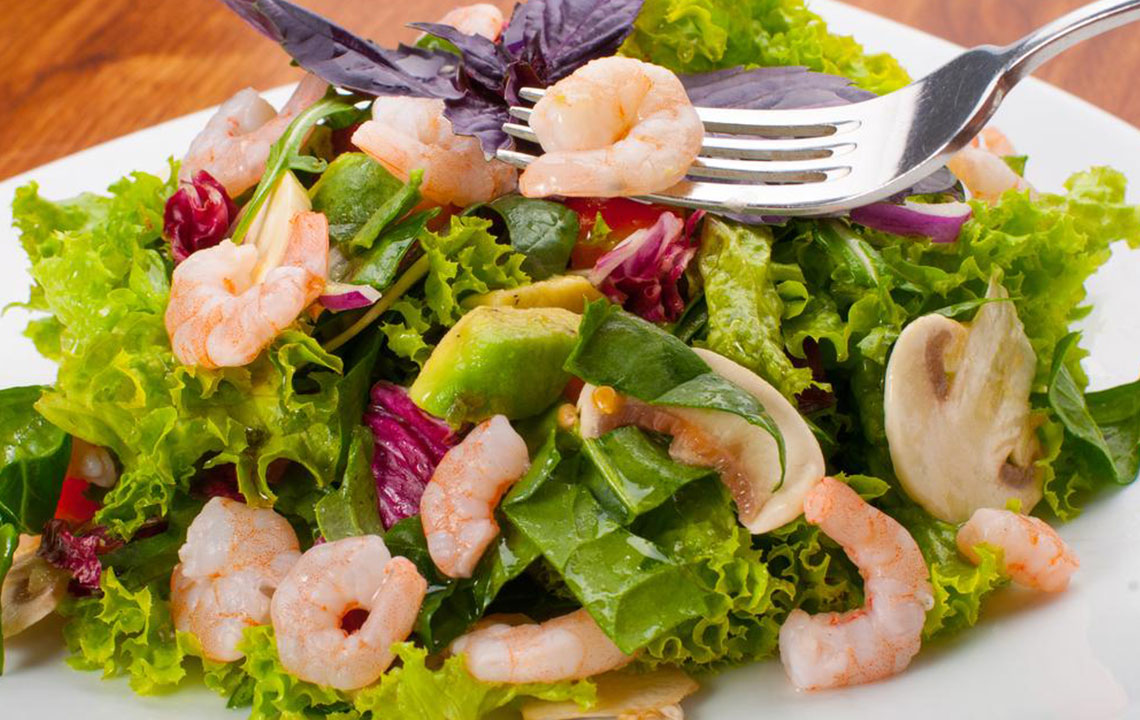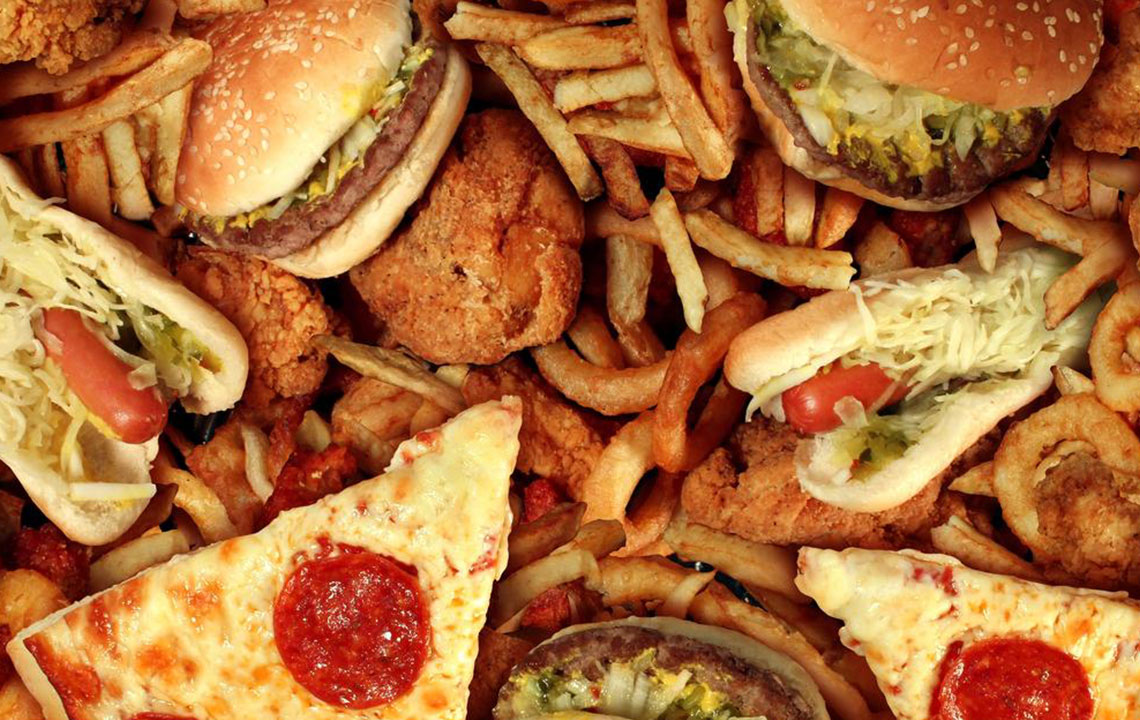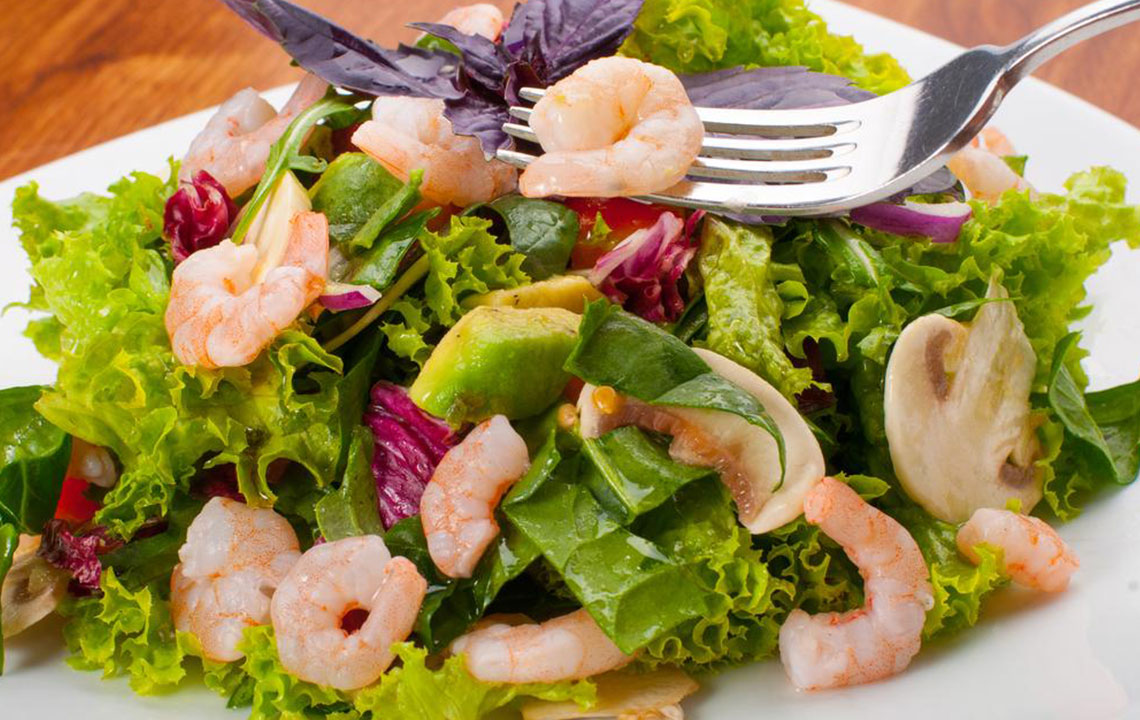Effective Dietary Strategies to Relieve Acid Reflux Fast
Discover practical dietary and lifestyle strategies for rapid relief from acid reflux. Learn about foods to include and avoid, common triggers, and tips to manage symptoms effectively. Implementing these changes can improve digestion and reduce discomfort caused by GERD, promoting better health and well-being.
Sponsored

Chronic heartburn may indicate Gastroesophageal Reflux Disease (GERD), characterized by stomach acid persistently backing up into the esophagus. During digestion, a sphincter at the stomach's entrance normally seals tightly, preventing acid reflux. However, if it weakens or opens too often, acid escapes, causing discomfort. Factors like hiatal hernia, obesity, certain foods (tomatoes, garlic, spicy or fatty dishes), smoking, alcohol, and pregnancy contribute to GERD. Symptoms include burning chest pain, regurgitation, nausea, cough, and sore throat. Adjusting your diet and lifestyle is key to managing symptoms effectively.
Common Causes
Hiatal hernia affecting stomach function
Post-meal bending or lying down
Excess weight and obesity
Consumption of trigger foods like tomatoes, garlic, onions, spicy, and fatty items
Smoking habits
Alcohol, caffeine, and carbonated beverages intake
Snacking close to bedtime
Pregnancy-related pressure
Certain medications such as NSAIDs and muscle relaxers
Recognizable Symptoms
Burning sensation from chest through throat
Regurgitation of sour or bitter fluids
Nausea, bloating, frequent hiccups
Blood in stool or vomit, difficulty swallowing
Unexplained weight loss, dry cough, hoarseness
Dietary adjustments play a vital role in alleviating GERD. Eating smaller, frequent meals and reducing fatty foods can decrease acid reflux episodes. Incorporating specific foods helps soothe symptoms and protect the digestive tract.
Foods to Include in Your Diet
Vegetables: Cucumbers, greens, broccoli, beans, cauliflower, asparagus—all low in fat and acid.
Oatmeal: Rich in fiber, it absorbs excess acid, easing symptoms.
Ginger: An anti-inflammatory aid proven to soothe digestive upset.
Non-Citrus Fruits: Pears, apples, bananas, melons are gentle options that won’t trigger reflux.
Egg Whites: A high-protein choice that avoids the fatty yolk.
Lean Proteins: Fish, turkey, chicken (baked or grilled), seafood—prepared without frying.
Healthy Fats: Olive oil, flaxseed, avocado, walnuts—supportive of a balanced diet and weight management.
Foods to Avoid
High-fat Foods: Chips, creamy dressings, bacon—these relax the lower esophageal sphincter.
Chocolate: Containing methylxanthines, it can induce reflux.
Citrus Fruits: Lemons, oranges, grapefruits, and tomatoes are highly acidic and should be limited.
Caffeine: Coffee, tea, energy drinks—as triggers of reflux symptoms.
Mint: Used in gums and candies that can relax sphincter muscles, worsening symptoms.
Implementing lifestyle changes such as maintaining a healthy weight, avoiding trigger foods, and not eating before bedtime can significantly reduce GERD symptoms. A combination of proper diet and active habits is essential for long-term relief.






